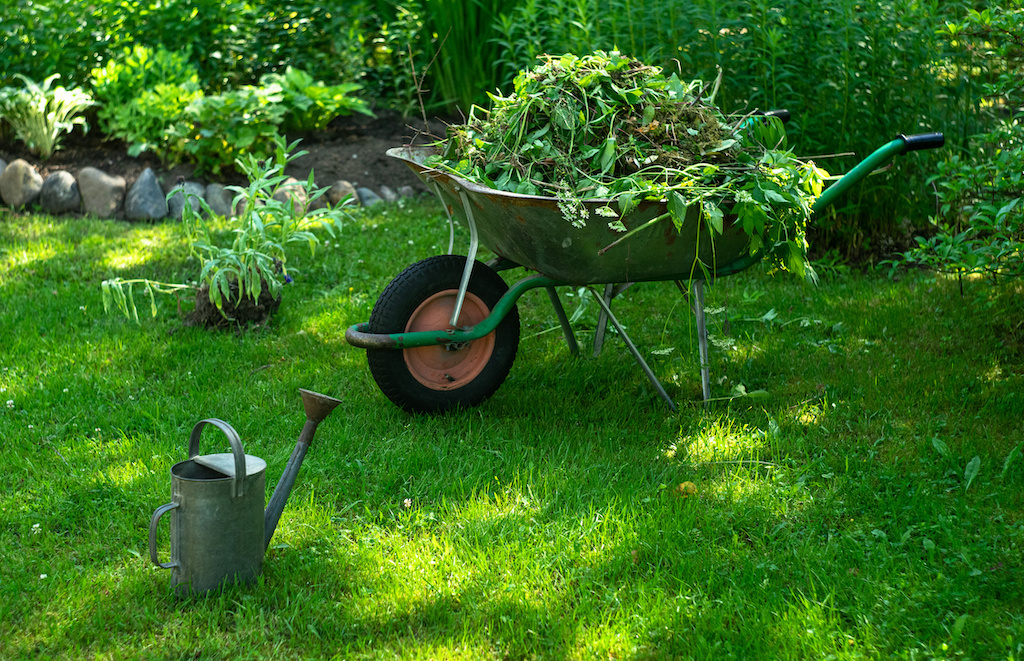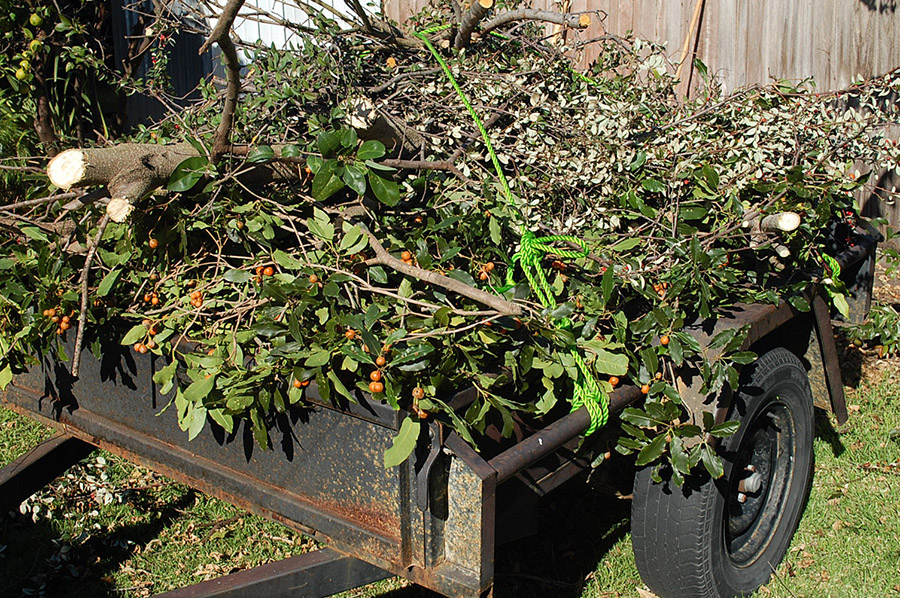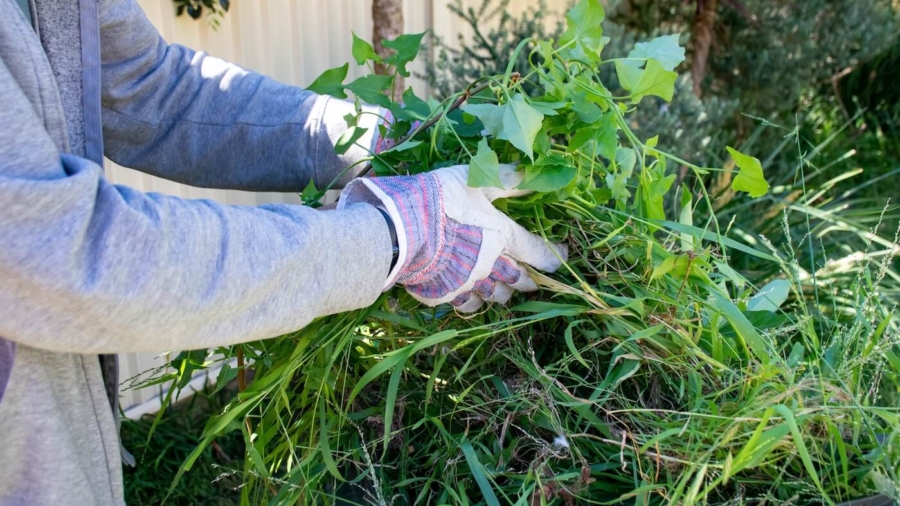How Does Sydney Approach Garden Waste Removal as a Practice for Urban Sustainability?
Sydney treats garden waste removal as a structured system where organic materials from residential gardens are collected, processed, and transformed into valuable resources rather than sent to landfill. This approach directly addresses the environmental challenges of urban density by converting grass clippings, prunings, and leaves into compost and mulch.
The city’s method centres on three core principles:
- Segregated collection through dedicated green lid bins for garden organics
- Regular fortnightly pick-ups that maintain consistent waste flow
- Transformation of waste into reusable products that close the resource loop
This integrated framework positions garden waste removal Sydney as more than a disposal service. It functions as a practical tool for urban sustainability, engaging residents in organic waste recycling whilst reducing the city’s environmental footprint. The system demonstrates how metropolitan areas can manage natural waste streams effectively, turning potential landfill burden into soil-enriching materials that support local green spaces and gardens.

What Are the Key Components of Garden Waste in Sydney?
Sydney’s garden waste system accepts specific organic materials that can be safely composted and recycled. Green lid bins serve as the designated collection point for these materials, creating a clear separation between garden organics and other household waste streams.
The accepted materials include:
- Grass clippings from lawn maintenance
- Prunings from shrubs, hedges, and small branches
- Leaves (both fresh and dried)
- Small twigs and bark
- Weeds and plant cuttings
- Dead flowers and spent plants
Green lid bins play a crucial role in this segregation system by providing residents with a dedicated container that prevents contamination of recyclables and general waste. The bins’ distinctive colour coding makes it simple for collection crews to identify and process garden organics separately, ensuring these materials reach composting facilities rather than landfills. This targeted approach maximises the recovery of valuable organic matter whilst maintaining the integrity of Sydney’s broader waste management infrastructure.
How Does Sydney Facilitate Garden Waste Collection for Residents?
Sydney operates a bi-weekly scheduled collection system for garden waste bins, aligning with the city’s regular waste management calendar. Green lid bins are collected on alternating weeks, creating a predictable routine that helps residents plan their garden maintenance activities around collection days.
1. Bin Placement Guidelines
Residents are required to position their green lid bins at the kerbside by 6 am on the scheduled collection day. The following guidelines should be followed for proper bin placement:
- Bins must be accessible from the street
- Handles of the bins should face outward
- There should be a clearance of at least 30 cm from other bins, vehicles, or obstacles
This positioning ensures that collection crews can efficiently service each property without delays.
2. Collection Times and Routes
Collection times run between 6 am and 6 pm on designated days, with crews following optimised routes throughout residential areas. The service maintains its schedule even during public holidays, ensuring consistent waste removal regardless of calendar interruptions. This reliability prevents garden waste accumulation and supports residents in maintaining their outdoor spaces year-round.
3. Collection Calendars and Reminders
Residents receive collection calendars and can access digital reminders through the City of Sydney’s waste management portal, reducing missed collections and improving participation rates.
What Happens to Garden Waste After Collection in Sydney?
Garden waste collected from Sydney’s green lid bins undergoes organic recycling to produce compost and mulch at specialized processing facilities. The collected materials—grass clippings, leaves, and prunings—are shredded, aerated, and decomposed through controlled composting processes that transform organic matter into nutrient-rich soil amendments.
Mulching operations convert woody garden waste into protective ground cover used in parks, gardens, and landscaping projects across Sydney. This process exemplifies Garden Waste Removal as an Urban Sustainability Practice in Sydney by keeping organic materials in productive use rather than disposal.
The environmental advantages extend beyond simple waste reduction:
- Landfill reduction of approximately 30,000 tonnes of organic waste annually
- Nutrient recycling returns valuable minerals to soil systems
- Reduced methane emissions from decomposing organics in landfills
- Lower carbon footprint compared to waste transportation and burial
This transformation embodies circular economy principles where waste becomes a resource. The finished compost and mulch products are often made available to residents and community gardens, creating a closed-loop system that strengthens urban sustainability whilst reducing dependency on synthetic fertilizers and imported soil products. Notably, these practices align with initiatives such as SB 1383, which aims to reduce greenhouse gas emissions through improved organic waste management.
For more insights into the composting and mulch processes, you can explore further resources on the subject.
How Do Free Pick-Up Services Support Garden Waste Management?
Sydney residents can book free bulky item pick-up Sydney services through the City of Sydney’s online portal or customer service line. The service accepts large garden waste items that don’t fit in standard green lid bins, provided they’re properly prepared for collection.
Bundled garden waste disposal requires residents to:
- Tie branches and prunings into bundles no longer than 1.5 metres
- Secure bundles with natural fibre string or twine
- Place items at the kerbside on the scheduled collection date
- Limit the total volume to what can fit in a standard trailer load
This structured approach to illegal dumping prevention has transformed Sydney’s urban landscape. When residents have accessible disposal options for oversized garden materials, they’re less likely to abandon waste in public spaces or natural areas. The free service removes financial barriers that might otherwise encourage improper disposal, whilst the bundling requirements ensure safe handling by collection crews and efficient processing at recycling facilities.
For those who require more specialized services, such as yard waste collection, there are also options available that cater specifically to such needs.
Why Is Garden Waste Removal Important for Urban Sustainability in Sydney?
Does organized garden waste removal truly shape sustainable urban living in Sydney? Yes—it transforms how residents interact with their environment daily. The structured collection system creates a foundation for sustainable urban living in Sydney by making eco-friendly choices the default option rather than an inconvenience.
Environmental impact reduction occurs through three critical pathways:
- Diverting thousands of tonnes of organic matter from landfills annually
- Preventing methane emissions that would result from decomposing vegetation in landfill sites
- Creating nutrient-rich compost that reduces demand for chemical fertilizers
The accessibility of green lid bins and free collection services drives community involvement at scale. When sustainability practices require minimal effort, participation rates soar. Sydney’s 350,000+ households with garden waste bins demonstrate how convenient infrastructure converts individual actions into collective environmental gains. Residents become active participants in circular economy systems simply by separating their prunings and grass clippings—a small habit with measurable citywide benefits for air quality, soil health, and resource conservation.
This process aligns with the three pillars of sustainability: economic viability, environmental protection, and social equity, which are essential for shaping a sustainable future. By adopting such practices, Sydney is not just addressing its garden waste issue but also reinforcing its commitment to urban sustainability.

Conclusion
Sydney’s integrated approach demonstrates how garden waste removal as an urban sustainability practice in Sydney creates measurable environmental and social value. The city’s three-bin system, bi-weekly collections, and free bulk pick-up services provide residents with accessible pathways to participate in organic waste diversion. This infrastructure transforms garden organics into valuable compost and mulch, directly reducing landfill dependency whilst enriching urban soil health.
The sustainable waste management benefits Sydney experiences extend beyond immediate waste reduction. Long-term advantages include:
- Enhanced soil quality across public and private green spaces
- Reduced greenhouse gas emissions from organic decomposition
- Strengthened community awareness of circular economy principles
- Improved air quality through decreased waste transport and processing
The future of urban sustainability depends on replicating and refining these systems. Sydney’s model proves that convenient, well-communicated services drive resident participation, creating lasting behavioural change.
Ready to contribute to Sydney’s sustainability goals? Check your council’s collection schedule and start maximising your green bin usage today.
About more: Green Waste Removal in Sydney and the Cultural Value of a “Clean” Landscape
FAQs Garden Waste Removal Sydney
Garden waste removal Sydney is a structured system where organic materials such as grass clippings, prunings, and leaves are collected and recycled into compost and mulch. It plays a vital role in reducing landfill waste, lowering methane emissions, and promoting sustainable urban living.
Sydney uses green lid bins for garden organics. Residents place accepted materials—like grass, branches, and leaves—inside these bins, which are collected fortnightly. The contents are sent to processing facilities where they’re turned into nutrient-rich compost and mulch.
Residents can include grass clippings, small branches, leaves, weeds, dead flowers, and prunings in their green lid bins. Non-organic materials such as plastic bags, soil, and treated wood are not accepted in garden waste removal Sydney services.
Collected garden waste is taken to recycling facilities where it’s shredded, aerated, and composted. The result is high-quality mulch and compost used in parks, gardens, and landscaping projects across Sydney—helping close the resource loop.
Garden waste removal Sydney operates on a bi-weekly schedule, with collections alternating with general waste or recycling weeks. This predictable routine helps residents plan their garden maintenance around collection days.
Yes. The City of Sydney offers free bulky garden waste pick-up services for materials that don’t fit in standard bins. Residents can book online and prepare items such as large branches or bundled prunings for kerbside collection.
By diverting thousands of tonnes of organic waste from landfills, garden waste removal Sydney reduces methane emissions and returns nutrients to the soil. This supports circular economy principles and helps the city move toward its zero-waste targets.
The system reduces landfill dependency, lowers greenhouse gas emissions, enriches soil, and supports biodiversity. Recycled mulch and compost improve green spaces, contributing to cleaner air and more sustainable local ecosystems.
Residents can prevent illegal dumping by properly using council-provided green lid bins, booking free bulky pick-up services, and following preparation guidelines for large garden items. This ensures waste is processed responsibly and sustainably.
Sydney’s accessible collection systems encourage residents to actively participate in sustainability. By simply using green lid bins and scheduling waste pick-ups, individuals contribute to a collective effort that enhances soil health, reduces pollution, and protects the environment.

